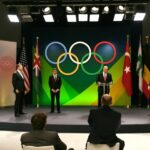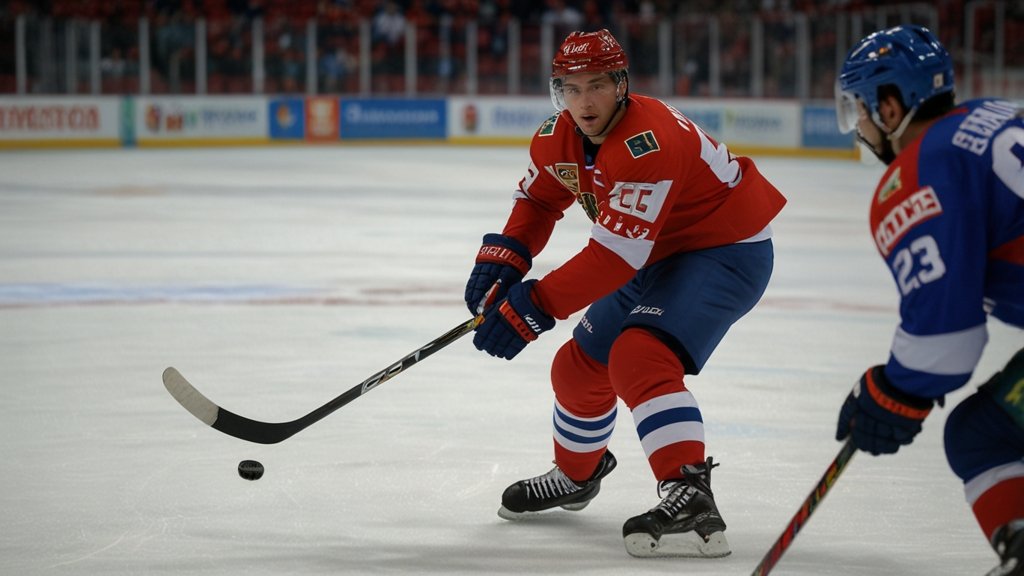Taking into account the current situation, the IIHF has just announced that no Russian and Belarusian teams, whether national or club ones, will be allowed to play the IIHF-sanctioned competitions till the end of the term 2025-26. This period of time was first announced after the 2022 invasion of Ukraine by Russia to be a one-year ban and was later excluded from the XIHF competitions owing to the prevailing safety issues and the evaluation of the IIHF Council that reintegration was impracticable due to the world’s geopolitical scenario. The IIHF President, Luc Tardif, stated that athletes and the integrity of tournaments must be kept in focus.
Such a decision was criticized by Russian authorities stating that it had the objective of presenting them as policy-oriented ones, which they felt was a punishment to those who were unrelated to the conflict. The Russian Ice Hockey Federation has criticized the ban as “disadvantageous” and pledged to file a lawsuit against the decision. Belarus supported her main partner in making similar claims. It criticized the IIHF for using this ban in sports and thus “weaponizing sports.” Russia’s Kontinental Hockey League (KHL) is the one that suffers as a result, whereas the rest of the global competitions go on.
The position taken by IIHF speaks of the general international sports policy aiming to isolate Russia. While Russian athletes compete under the Olympic banner, team sports bet on stricter rules. It was further drawn to attention that the return of the teams will depend on the global defense environment of the world and stated that the case would be solved only in the event of the primal goal, which is the change in the global security environment. The divisions in the views of the European hockey federations were evident, with more members from the Asian continent advocating for the slow reintegration.
Russian sportsmen and coaches have voiced their dissatisfaction with lost opportunities. The veteran forward, Alex Ovechkin, has described the exclusion as a “heartbreaking” issue which puts the emphasis on the fact that kickboxers come to represent their country in ideal situations. Russia’s youth development programs are a big question mark now, while some scouts have even noticed this kind of apathy among teens who are caught in a fear of the future. The IIHF admitted to the collateral damage, but they reaffirmed that security concerns hold the number one position over sports events when it comes to making decisions.
Belarus, which is not as strong as Russia in ice hockey, is also trying to find a way to cope with the same problems. It was the non-appearance of the country’s national team at a lower-tournament level that led to the stalling of ice hockey’s growth. All domestic leagues are actually finding it hard to attract talent. The number of analysts issuing statements that prolonged non-inclusion might dramatize the infrastructures of both nations is growing. On the other hand, the IIHF expects to enlarge the development projects in the non-regulated countries to fill up the competitive gaps remaining in Russia and Belarus.
The ruling has emerged at a time of the inducement of the greater discussion of Russia’s sports diplomacy. A series of recent friendly matches aimed at bringing together nations that are not IIHF members, such as China and India, did not escape critics’ lips in the sense that they became obstacles to the effectiveness of the sanctions. The IIHF sent an email to all the members that they would punish any national federation that breaks the rules by participating in any competition with the teams that are sanctioned. To add to that, the enforcement issue remains complicated as the non-European tournaments are those, which are beyond the scope of the IIHF.
Russia’s hockey situation already looks grim for the 2026 Winter Olympics. The neutrality of their participation has not been outlawed, but the International Ice Hockey Federation seems to be of the opposite opinion when it comes to team events. The setback doesn’t seem to be within the possibility of the peace talks. The IIHF Council will come back to discussing the ban after the autumn of 2026 although the cross-border policies may be the last thing to change due to the fact that it is the US-Russia conflict at the moment.









